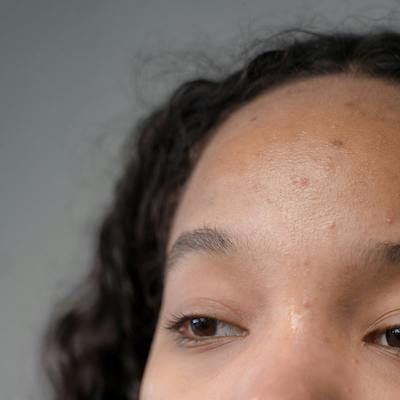Opinion
Video
Clinical Pearls for the Management of HS
Author(s):
An expert in dermatological conditions discusses office-based procedures that can benefit patients with HS and shares clinical pearls for the management of the disorder.
Andrew Baker, MBA, PA-C: This is a really important topic because so many times when people develop a new problem with their HS, some practitioners or offices are quick to refer them out. A good example is an abscess. One of these cysts turns into an abscess, it’s actively draining. I believe most people are comfortable with doing an incision and drainage. But many times people and clinicians are underutilizing intralesional injections. This is a quick procedure that can provide a lot of relief and less scarring for the patient. Obviously, there are limitations to that. But for some of the bigger areas that are more involved and resistant to I&Ding [incision and drainage] or intralesional injections, doing a deroofing procedure can provide a lot of benefit for patients. This is a way to keep the patient in your practice, have good continuity of care, and treat them effectively without referring them to a general surgeon. There are lots of resources available for that procedure, but that is something that I encourage everyone to get better at doing because it really provides a lot of relief for those patients with HS.
Ask your patients about HS. There is definitely a knowledge gap for practitioners across all specialties. And many times patients are not forthcoming with having this disease. And so when you’re seeing someone who comes in for acne, or you’re seeing someone who comes in and you’re draining an abscess, have the conversation and ask them, “Do you have these anywhere else? How many cysts have you had in your life?” Oftentimes, that opens up a good conversation, and patients will be more forthcoming with having this disease. Also, for the patients who have HS, talk to them about the benefit of early treatment. We’ve discussed this here, but a lot of people feel that biologic treatment is only necessary when they have severe disease or stage III Hurley disease, and that is not the case. Early intervention in this window of opportunity can provide people with an improved quality of life, less surgery, less sequelae from this disease, so that is really important. And also, develop a good multidisciplinary team. People in the medical community—some have very strong personalities. And it may take a little bit of time to find a group of individuals you trust to refer. Whether it’s a psychiatrist or a surgeon or whoever you’re working with for these patients, making sure that you’re on the same page about what it takes to truly treat this disease effectively is so important. And the last is to make sure you’re going to tell your patients that you’re going to follow them closely, you’re going to be seeing them frequently, you’re going to make sure that their medications are working for them. If they develop a hot spot or a draining abscess, make sure that you tell them that you’ll get them in quickly to manage this to prevent them from going to ERs [emergency rooms] and urgent care facilities. And just having polypharmacy, because so many times these patients are being bounced around. So just let them know that you care and that you’ll be there with them throughout this journey.
Transcript Edited for Clarity





